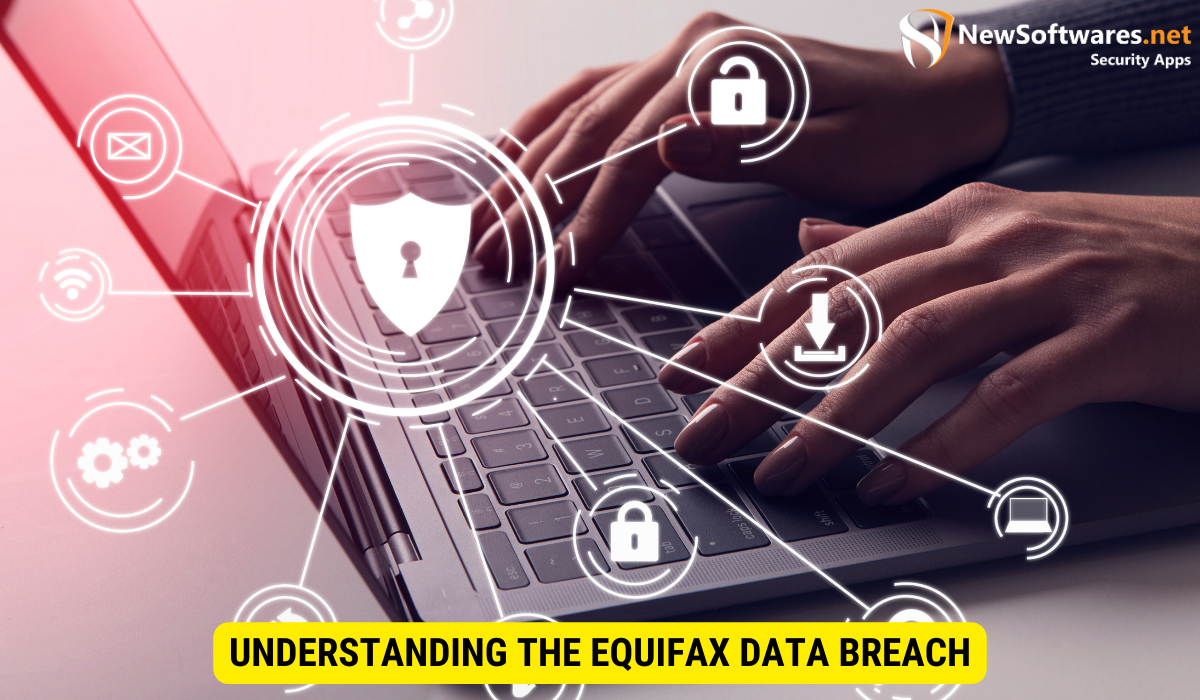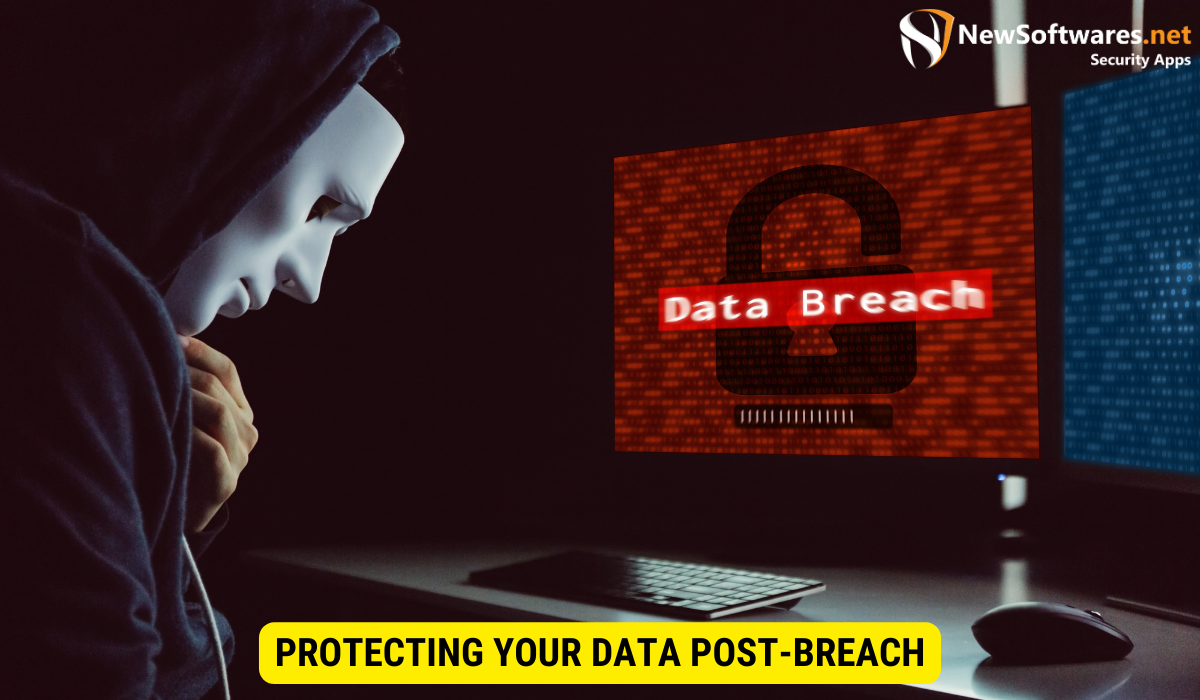The Equifax data breach was a significant security breach that exposed the individual information of approximately 147 million individuals. It profoundly impacted affected consumers and raised questions about the true cost of the breach and the concept of being “free of charge.”
The Equifax data breach 2017 sent shockwaves through the financial world, affecting millions of individuals and raising serious concerns about data security and the concept of being “free of charge.” Together, we will examine the details of the Equifax data breach, explore its aftermath, discuss the concept of free in this context, and provide practical tips for protecting your data post-breach. We will also analyze the role of government and regulations in such incidents, exploring the legal implications and potential changes in data security regulations.
Understanding the Equifax Data Breach

The Timeline of the Breach
The Equifax data breach occurred in mid-May 2017 but only came to public attention in September. The breach exposed the personal information of approximately 147 million individuals, including names, social security numbers, birth dates, addresses, & in some cases, driver’s license numbers. The breach was cause by a vulnerability in Equifax’s website software, which had not been patched promptly.
Equifax discovered the breach on July 29, 2017, but it took over a month for the company to publicly announce it. The delayed response fueled public outrage and raised questions about Equifax’s data security practices.
The Nature of the Stolen Information
The stolen information from the Equifax breach was highly sensitive and valuable to cybercriminals. Social security numbers, birth dates, and addresses can be used to commit identity theft, fraud, & other malicious activities. Furthermore, driver’s license numbers in the wrong hands can lead to even more serious consequences.
This breach highlighted the need for robust security measures when handling and storing personal data. It demonstrated the potential harm that a breach of this magnitude can cause individuals and their financial well-being.
The Aftermath of the Breach
Immediate Impact on Consumers
The Equifax data breach immediately impacted consumers, as millions of individuals had their personal information compromised. This left them vulnerable to identity theft and financial fraud. Many consumers experienced unauthorized credit card charges, new accounts opened in their name, and difficulty resolving these issues.
Besides the financial impact, the breach eroded trust in Equifax and highlighted the need for stronger data protection measures in all industries that handle personal information.
Long-term Consequences for Equifax
The fallout from the Equifax data breach extended beyond the immediate aftermath. Equifax faced lawsuits, investigations by government agencies, and financial penalties. The incident damaged the company’s reputation and led to changes in Equifax’s leadership and internal processes. Rebuilding trust with consumers and financial institutions was a significant challenge for the company.
Free of Charge: What Does it Mean?
Equifax’s Response to the Breach
Equifax’s response to the breach included offering affected individuals free credit monitoring and identity theft defense services. These services were intended to help consumers detect and mitigate potential fraudulent activity resulting from the breach. However, the offer of “free” services raised questions and concerns regarding the true cost of the breach and the level of accountability held by Equifax.
The Concept of ‘Free’ in Data Breach Scenarios
While Equifax’s offer of free credit monitoring and identity theft protection services undoubtedly benefited affected individuals, it also led to discussions about the broader implications of “free” in data breach situations. Offering free services can create the perception that the breach has no real consequences for the responsible party, potentially downplaying the severity of the incident.
The question arises: should companies facing data breaches be held accountable beyond providing free services? Should consumers be compensated for the potential long-term financial and emotional stress caused by a breach?
Protecting Your Data Post-Breach

Steps to Take After a Data Breach
If you find yourself impacted by a data breach, there are quite a few steps you can take to protect your data and mitigate the risk of further harm. First, closely monitor your financial accounts for any suspicious activity. Report any illegal charges or transactions immediately to your bank or credit card issuer. Additionally, consider placing a scam alert or credit freeze on your credit files to prevent unauthorized access.
It is also important to frequently review your credit reports from all three major credit bureau for any signs of fraudulent activity. Finally, practice good cybersecurity hygiene by using strong, sole passwords for all your online accounts and enabling multi-factor authentication whenever possible.
Preventive Measures for Future Breaches
While individuals can take steps to protect their own data, preventing future data breaches requires collective action from both businesses and government entities. Organizations must prioritize data security by implementing robust security measures, conducting regular vulnerability assessments, and promptly patching any identified vulnerabilities.
Government regulations can be crucial in holding companies accountable for data breaches. Stricter regulations and harsh penalties may incentivize companies to prioritize data security and protect individuals’ personal information.
The Role of Government and Regulations
Legal Implications of the Breach
The Equifax data breach triggered legal implications at the state and federal levels. State attorneys general filed lawsuits against Equifax, alleging negligence and failure to protect consumer data. Additionally, the breach prompted congressional hearings, during which Equifax executives faced intense scrutiny and questions about the incident.
Changes in Data Security Regulations
In response to data breaches like the one suffered by Equifax, governments may introduce or strengthen data security regulations. These regulations often require companies to implement safeguards to protect personal information and promptly report data breaches to affected individuals and regulatory authorities.
Furthermore, regulations might impose financial penalties on companies found to be non-compliant, serve as a deterrent for lax data security practices, and emphasize the importance of protecting individuals’ personal information.
Key Takeaways
- The Equifax data breach exposed the personal information of approximately 147 million individuals.
- Consumers faced immediate financial and reputational consequences due to the breach.
- Equifax offered affected individuals free credit monitoring and identity theft protection services, raising questions about the true cost of the breach.
- Steps individuals can take post-breach include monitoring financial accounts, reviewing credit reports, and practicing good cybersecurity hygiene.
- Preventing future data breaches requires collective action from businesses and government entities, including implementing robust security measures and stricter regulations.
FAQs
How did the Equifax data breach happen?
The Equifax data breach is caused by a vulnerability in the company’s website software that had not been patched on time. Cybercriminals exploited this vulnerability, gaining unauthorized access to sensitive personal information.
What information was stolen in the Equifax breach?
The stolen information included names, social safety numbers, birth dates, addresses, and, in some instance, driver’s license numbers. This data can be used for identity theft, fraudulent activities, and other malicious purposes.
What were the long-term consequences for Equifax?
Equifax faced lawsuits, investigations, and financial penalties in the breach’s aftermath. The incident severely damaged the company’s reputation, leading to changes in leadership and internal processes. Rebuilding trust with consumers and financial institutions became a significant challenge for Equifax.
How can individuals protect their data after a breach?
After a breach, individuals should monitor their financial accounts, review credit reports for signs of fraudulent activity, and practice good cybersecurity hygiene. This includes using strong, unique passwords and enabling multi-factor authentication.
What role does the government play in data breach incidents?
The government can play a crucial role in data breach incidents by enacting and enforcing data security regulations. These regulations hold companies accountable for data breaches, impose penalties for non-compliance, and help protect individuals’ personal information.
Conclusion
The Equifax data breach served as a wake-up call for individuals, businesses, and governments regarding the critical importance of data security. It highlighted the devastating consequences of a breach and raised questions about accountability and the true cost of being “free of charge.” Protecting personal data and preventing future breaches require collective efforts, including robust security measures, individual vigilance, and government regulations. By learning from the Equifax breach, we can struggle to create a safer digital environment for all.
